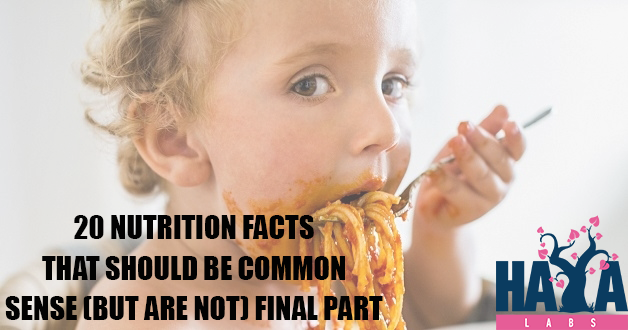
20 Nutrition facts that should be common sense (but are not) FINAL PART
0
1169
In the past 100 years or so, food has changed.
People are eating more processed food than ever, and the technologies used to engineer foods have become more elaborate.
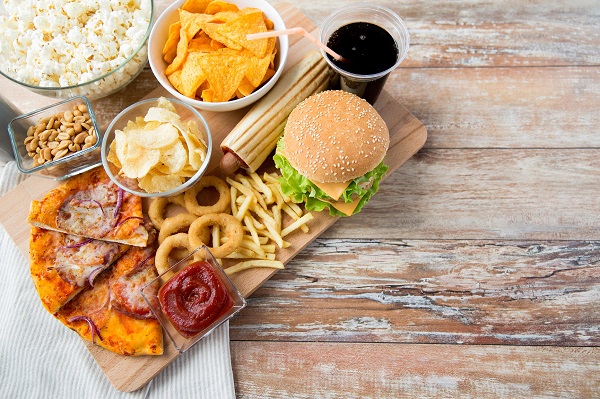
These days, food engineers have found ways to make food so “rewarding” that the brain gets flooded with dopamine.
This is the same mechanism employed by drugs of abuse.
For this reason, some (but definitely not all) people can become addicted and completely lose control over their consumption.
Many studies have looked at this and found similarities between processed junk foods and drugs of abuse.
17. Health Claims on Packaging Should Never be Trusted
People are more health conscious than ever.
The food manufacturers are well aware of this and have found ways to market the same old junk to the health conscious people as well.
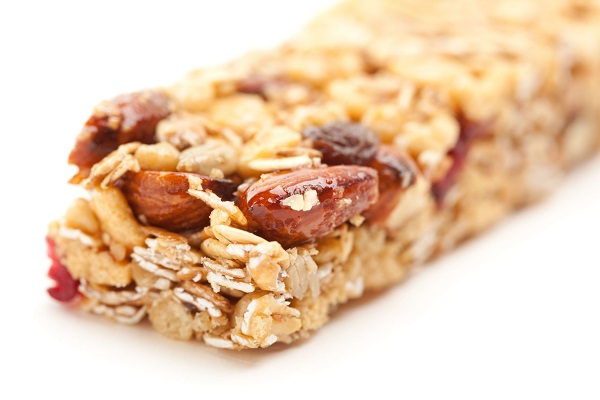
They do this by adding misleading labels like “whole grain” or “low fat” on their foods.
You will now find all sorts of seriously unhealthy junk food with health claims on the label, such as “whole grain” fruit loops and cocoa puffs.
These labels are almost always misleading and are used to trick people into thinking that they’re making the right choice for themselves (and their children).
If the packaging of a food tells you that it is healthy, then it probably isn’t.
18. Refined Vegetable Oils Should be Avoided
Vegetable oils, like soybean, corn and canola oils, are extracted from seeds using harsh processing methods.
These oils contain large amounts of Omega-6 fatty acids, which are biologically active and humans never consumed in large amounts during evolution.

Studies show that these oils can cause oxidative stress and make the LDL lipoproteins in the body become oxidized, potentially contributing to heart disease.
19.
read more
There are many health trends in the world these days.
Organic food is popular, and going gluten-free is trendy.
However, just because something is organic or gluten-free, it doesn’t mean that it is healthy. For example, you can make all sorts of junk foods out of organic ingredients.
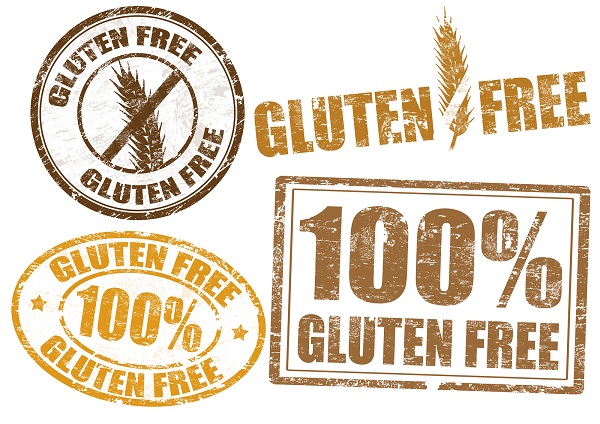
Foods that are naturally gluten-free are fine, but gluten-free processed foods are often made with seriously harmful ingredients that are even worse than their gluten-containing counterparts.
The truth is, organic sugar is still sugar and gluten-free junk food is still junk food.
20. Blaming New Health Problems on Old Foods Doesn’t Make Sense
Heart disease didn’t become a problem until about a hundred years ago.
The obesity epidemic started around 1980 and the type 2 diabetes epidemic followed soon after.
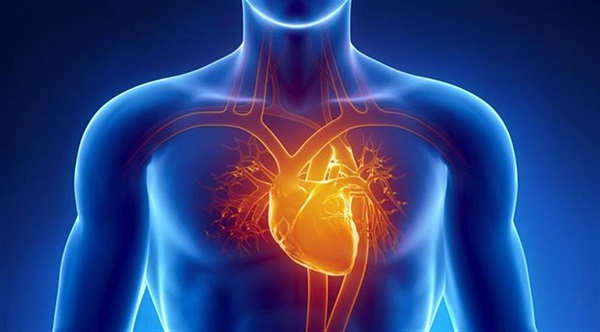
These are the biggest health problems in the world, and it seems pretty clear that diet has a lot to do with them.
For some very strange reason, the health authorities started blaming them on foods like red meat, eggs, and butter.
But we’ve been eating these natural foods for thousands of years, while these health problems are relatively new.
Doesn’t it make more sense to suspect all the new stuff instead? Such as all the processed foods, added sugar, refined grains, and vegetable oils?
Blaming new health problems on old foods simply doesn’t make sense.


